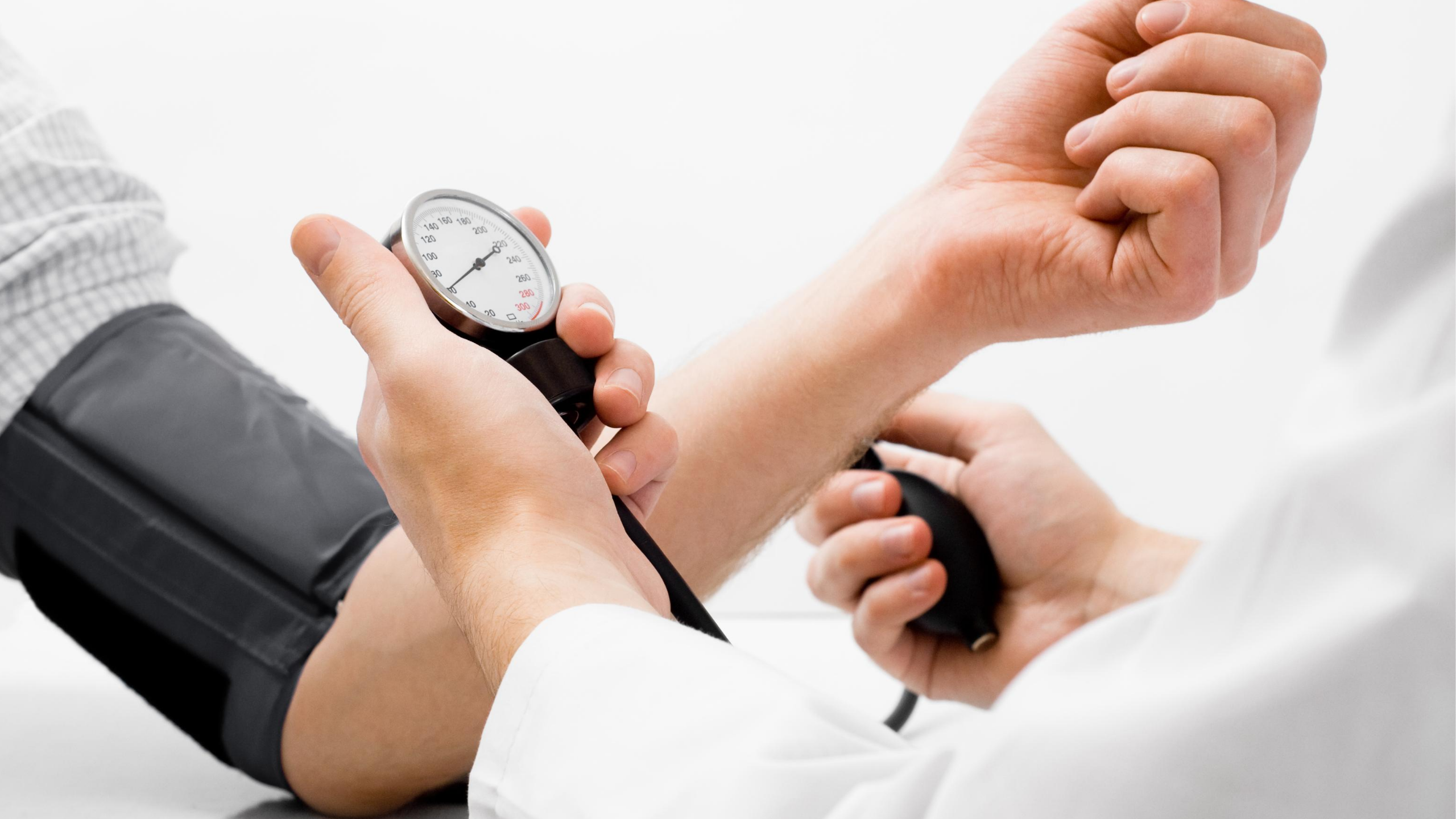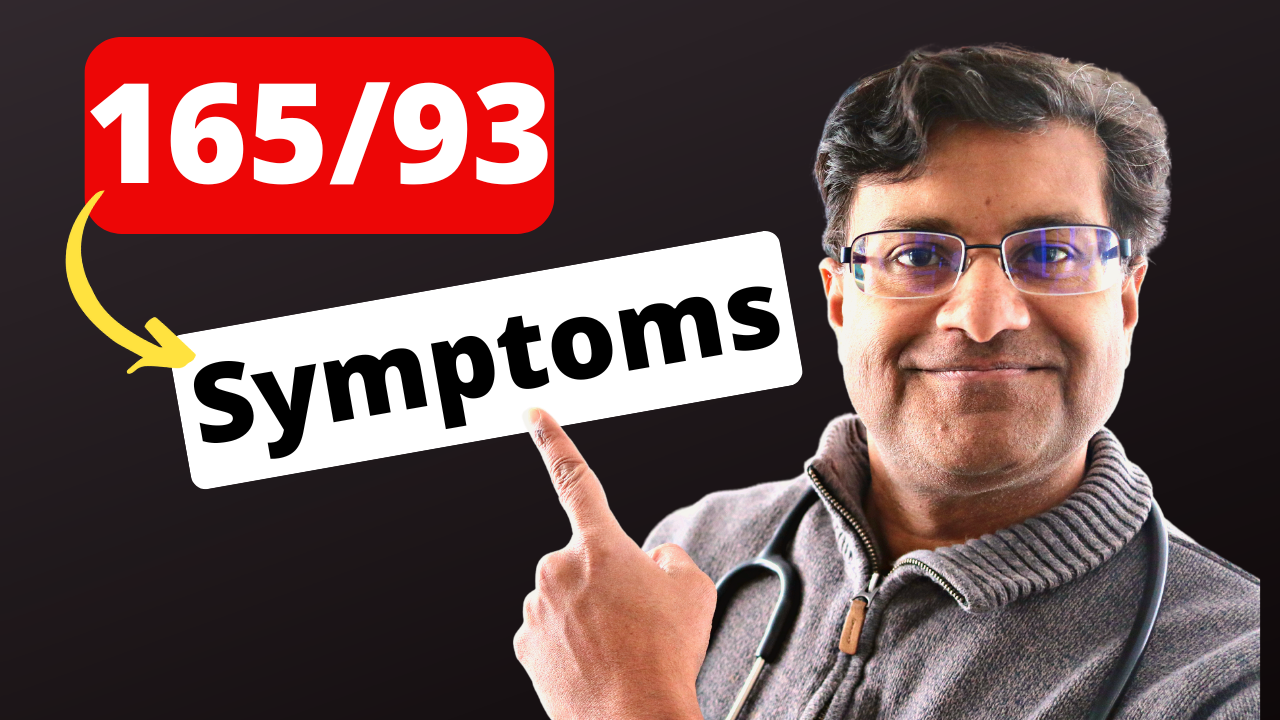What is Atenolol?

Atenolol is a medication used to treat high blood pressure. It also can be used to treat chest pain(angina), an irregular heart rate (atrial fibrillation) and is used in the early treatment after a heart attack. It is also used off label to treat migraines. It can be also used off label to treat a thyroid emergency called thyrotoxicosis. It belongs to a family of medications called Beta blockers. The brand name for Atenolol is Tenormin.
How does Atenolol work?
Like other beta blockers, Atenolol works by slowing down your heart rate and making it easier for your heart to pump blood around your body. Atenolol does this by changing the way your body responds to some nerve impulses.
Atenolol dosing and administration:
Usually, Atenolol is taken orally once daily. You can take this medication with or without food. The doses in its tablet form as at follows: 25mg, 50mg and 100mg.You should start the dose at the lowest dose (especially if you are older) and if need be, increase the dose weekly based on how you tolerate the medication, side effect profile as well as the dose response from the medication. It’s Ok to take this medication at nighttime as long as you are taking it at the same time every day.

The starting dose of this medication depends on what pathology your health care provider is treating. If they are treating angina (chest pain) some providers start at a higher dose of 50mg for symptom management. The starting dose for both high blood pressure and atrial fibrillation is usually at 25mg.If you use Atenolol as a blood pressure medication it is recommended another treatable co-morbidity such as heart attack or history of a heart attack is also being managed.
16 SURPRISING FACTS
- 1)This drug is going to lower your blood pressure and lower your heart rate(bradycardia). This might make you feel dizzy when you suddenly get up. Take your time when you are getting up esp. from a sitting position. Be careful going up and down stairs.
- 2)Atenolol can affect your blood sugars. If you are a diabetic continue to carefully monitor your blood sugars as it can cause low blood sugars. Symptoms of low blood sugar are fast heart rate, dizziness, sweating and feeling shaky.
- 3)Atenolol can cause bronchospasms. Symptoms would be difficulty breathing and wheezing. Although because of the way Atenolol works (it works over a beta1 receptor), the chance of this happening is less likely. However, if you have a bronchospastic disease such as Asthma you would be more susceptible to this. Tell your health care provider if you do have increasing cough, wheezing or shortness of breath.

difficulty breathing - 4)Beta blockers such as Atenolol do have central nervous system effects. They can cause fatigue, insomnia (1-3%) and in some cases sleep disturbances (3%), this is because beta blockers slow down you heart rate and you will feel more tired as your heart rate slows down. Because of this you may want to take your first doses of Atenolol at night time as it can make you feel sleepy. Once you are used to the medication you can switch to the morning with the help of your healthcare provider.
- 5)Avoid drinking alcohol while taking this medication.
- 6)This drug has been associated in the worsening of psoriasis. If you have any of these changes alert your health care provider
- 7)Erectile dysfunction has been described with this drug in post marketing surveys. This is because Atenolol can block activity in your parts of your sympathetic nervous system. Follow up with your health care provider if that is the case to rule out other causes.
- 8)In less than 3-4% of cases it can cause GI symptoms such as diarrhea and nausea . These are usually self-limiting and should go away.
- 9)Beta blockers such as Metoprolol are selective Beta blockers. Your health care provider must be cautious in severe PVD as it can cause lower extremity pain. If you do have increased leg pain while walking alert your health care provider to this. They can be used in mild and moderate PVD (peripheral vascular disease).
- 10) In acute exacerbation of heart failure your healthcare provider should not use beta blockers. He or she can reintroduce the medication once your heart failure is compensated.

don’t stop - 11) Never suddenly stop this medication without talking to your health care provider, especially at higher doses as it can cause an increase in your blood pressure and an elevated heart rate.
- 12) If you do take this medication with another family of medications called calcium channel blockers such as Verapamil or Diltiazem there is an increased chance of slowing down your heart rate and heart block.Your health care provider will have to monitor with EKG’s.
- 13) This medication should not be given to patients with untreated pheochromocytoma. Pheochromocytoma is a rare type of neuroendocrine tumor.
- 14)Atenolol can also mask the symptoms of an overactive thyroid. This is also called Hyperthyroidism. If you do have this DO NOT SUDDENLY STOP the medication as it can cause a life threatening condition called thyroid storm.
- Here are the most common side effects associated with this medication, this list is by no means exhaustive and talk to your health care provider if you are experiencing any other symptoms.
- Orthostatic hypotension (2%)
- GI side effects: nausea (3-4%), diarrhea (2-3%)
- Fatigue (<26%)
- Dizziness (1-13%)
- Depression (<12%)
- Limb pain (3%)
- Slow heart rate (3%)
- Cold extremities (12%)
- 16) Drug drug interactions: Metoprolol can interact with some of these medications. This list is not exhaustive, but your doctor or pharmacist can alert you to possible drug-drug interactions. These medications are Amiodarone, Clonidine, Verapamil, Diltiazem, Albuterol, Digoxin.
Watch entire video here on YouTube, have a good day and Think your Health!
Sources:
- https://www.accessdata.fda.gov/drugsatfda_docs/label/2011/018240s031lbl.pdf
- https://www.webmd.com/drugs/2/drug-11035/atenolol-oral/details
- https://www.goodrx.com/atenolol/what-is#basics







